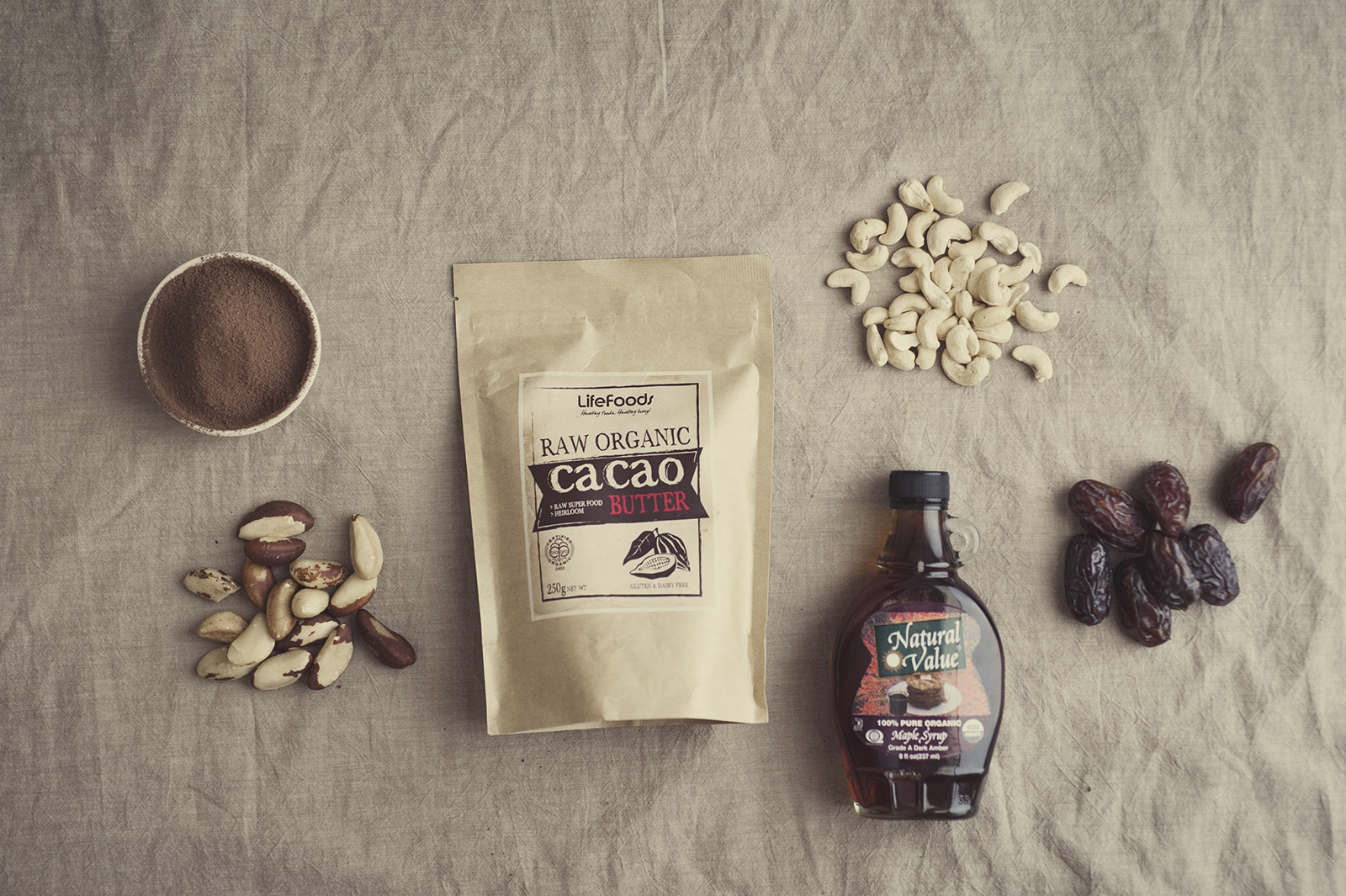
125—
Are you at a loss to explain your failed weight loss?
With all the health information available to you on the internet, you will probably have realised that there are many common symptoms that can be attributed to a large number of different health conditions. For instance, if you’re lethargic, foggy brained, and suffering from depression you could be suffering from either anaemia, thyroid dysfunction, adrenal dysfunction or a sluggish liver.
To further complicate matters — if you have the symptoms above — you could be suffering from a combination of all these health conditions, or you could be suffering from something else entirely.
However, with all the attention that the glands (the adrenals + the thyroid) now get — you could be forgiven for forgetting about organs such as your liver.
There are extensive questionnaires and testing procedures to accurately assess the functionality of the adrenal glands (salivary testing) and the thyroid gland (Thyroflex testing). Plus you get to attach a nifty label to your symptom-set like ‘Adrenal Fatigue’ or ‘Hypothyroidism’.
The orthodox test for liver health is called the Liver Function Test (LFT). Unfortunately, this blood-test is somewhat misleading. In most cases, your liver will appear ‘normal’ or ‘healthy’ and will be dismissed from the health inquiry. This is because the test only looks for liver enzymes and proteins — which are an indicator that your liver is damaged. This blood test does not assess the functionality of the liver (how efficient it is) as there is no indicator for determining sluggish liver or a burdened liver.
Note: Ultrasound technology is used to determine a severely dysfunctional liver e.g. fatty liver or enlarged liver.
So, how do you determine the functionality of this organ without testing? How would you find out if you’ve got a sluggish or burdened liver? You’d seek the services of a Naturopath. We use time-honoured (but under utilised) investigative tools. These tools include our ears to listen to you, our eyes to view you, and our brain to determine the most likely cause of your health complaint!
You’d be surprised at how accurate these assessment methods can be 🙂
Note: Hair testing assessment can also be used to check how the liver is functioning.
I remember before all this fancy testing for ‘the glands’ was made available, that ‘liver cleansing’ was all the rage (during the late 90s and early 2000s). And now — many years later — we don’t seem that worried about this organ anymore. I find this strange, considering our world is even more toxic and our food is even more nutrient deplete. These factors not only put our poor liver under enormous strain to detoxify us, but they also reduce this organ’s ability to effectively carry out the hundreds of other duties it needs to perform in order to keep us in good health. In the environment that we now live, our livers are struggling — not thriving.
Dr Sandra Cabot was the poster child for liver cleansing. And she was, and still is, the ‘Ambassador of the Liver’. She taught us what we could expect to experience if our liver wasn’t working efficiently. She taught us what — and what not — to eat and drink to keep on the liver’s good-side. She taught us how to love our liver and how to lead healthier lives as a result.
She’s the one that really taught us to look out for the signs of mild to moderate liver impairment. These are:
Digestive complaints
Bloating + discomfort (you may potentially feel this more in the right side of your upper abdomen), poor digestion, nausea (especially after eating something ‘fatty’), constipation, and IBS.
Sights + smells
A coated tongue, dark circles under the eyes, and bad breath.
General COMplaints
Frequent fatigue, unpleasant mood changes, depression, headaches, allergic conditions, foggy brain, and unstable blood sugar levels.
Weight issues
Difficulty losing weight (you may specifically have a stubborn roll of fat around your upper abdomen), and fluid retention.
Intolerances
Intolerance of alcohol and intolerance to strong smells. You may also experience an intolerance to a lot of different food!
Most people think the liver is just an organ that detoxifies us. However, the liver performs around 500 different functions in your body. For example, the liver makes blood (and also helps your blood to clot), it synthesises protein, it acts as a storage facility for vitamins + minerals, it metabolises cholesterol + sex hormones, and it processes medicine so that it can be used by the body. Some of the most interesting and relevant functions the liver performs are:
Your stomach fires up your other digestive organs to aid the elimination process.
The stomach activates the gallbladder to release bile — which is your body’s natural laxative.
Note: Your liver makes the bile.
To read more about poo, check out this past blog-post.
The liver is the major fat-burning organ in the body. If your liver is fatty, meaning that it is storing fat rather than processing and eliminating it (via your stool), then you will have extreme difficulty in losing weight.
Here, your liver enzymes may be slightly raised. If this is the case, I would recommend you have an ultrasound to confirm this diagnosis.
Naturopath’s favour the use of supplements in this case — Lipotropic Factors. These substances cut through fat in the liver.
You may experience anger, irritability and hostility. (This is what is meant by the term ‘feeling liverish’.)
Note: If you are a female, and your liver is not functioning well, it is highly likely that you will suffer from PMS – as it is difficult for this organ to process the deluge of sex hormones at this time of the month. You will probably find that the rate at which you metabolise alcohol is variable depending upon where you are in your menstrual cycle. You may find that the first two weeks of your cycle you can metabolise alcohol better than the last two (after you’ve ovulated). And, if you’re on ‘The Pill’ you may find that you’re more susceptible to hangovers in general.
Your liver contains specialised immune cells called Kupffer cells. (These are macrophages.)
Macrophages engulf, vacuum up, and then kill + breakdown any foreign particles in your bloodstream so your liver can dispose of them.
Because your liver can easily become overwhelmed with infectious organisms and toxic particles it is important to have good liver health if you are trying to fight off an infection.
Your body runs 24/7/365 and requires a constant supply of nutrients. And, because you cannot possibly eat all day, everyday, your body stores nutrients and releases them in-between meals.
Among other substances, your liver stores ‘sugar’ in the form of Glycogen. To keep your blood sugar levels balanced it gradually releases this into your blood stream.
Note: If you believe you have a blood-sugar issue like Hypoglycaemia or sugar cravings, but your glucose blood tests appear normal, it would pay to look into the health of your liver.
The inactive form of Thyroid hormone (T4) is produced by your Thyroid. However, the conversion of this hormone to its active form primarily takes place in the liver.
The liver is the storehouse of nutrients. If you eat meat, then eating this organ can be very good for you.
And while Liver is quite hard to get hold of (let alone to get the organic variety) — fear not! Even though the liver is an organ of detoxification, it doesn’t actually store toxins — just nutrients!

Hopefully you will already know that the following substances are not good for your liver:
Alcohol
Smoking
Medication
Recreational drugs
Trans-fats
Anything deep fried, and
Refined sugar.
So, I’ll just focus on things that you may not be aware of:
Not only will this prevent food intolerance (which puts a burden on your liver), but by eating a diverse plant-based diet you will provide an array of vitamins + minerals to help the liver perform its duties efficiently. You’ll also be providing fibre, and creating a diverse micro-biome which will help you to avoid constipation.
Constipation creates a big burden on your liver.
If you drink eight glasses of tap water daily, you are more likely ‘toxing’ than ‘detoxing’… Drink only filtered tap water. Drinking eight glasses of filtered water daily should help you to avoid constipation.
Constipation creates a big burden on your liver.
Many self-proclaimed ‘health experts’ give you a false sense of security that you can eat their baking + un-baking unreservedly because they have been created without the use of refined sugar. They say it’s ‘guilt-free’.
Emotions aside here — this is absolute bollocks.
Sugar substitutes are super-bad for your liver. I’m talking about Agave syrup, Coconut sugar & Coconut nectar/syrup, Maple Syrup, Honey, and dried fruit — Medjool Dates in particular. (And, yes – this also includes juices — cold-pressed or otherwise.)
Your liver dislikes fructose as it ties it up from performing its other 499 different tasks. If your liver can’t process all of this fructose, it will store it as fat in and around your liver… Think spare tyre here.
This can also lead to non-alcoholic fatty liver + insulin resistance.
Some of my favourite liver herbs are Andrographis, Bupleurum, Dandelion, Globe Artichoke, Milk Thistle (St Mary’s Thistle), Rosemary, Schisandra and Turmeric.

This is such a versatile herb! You can use it to stimulate digestion and the flow of bile. And it protects your liver. You can also use it to ‘nuke’ parasites such as worms, and to improve your immune response.
This awesome herb supports your liver function and helps to normalise your bowel motion. Bupleurum is my favourite herb for use in oestrogen dominant PMS.
This herb improves digestion + elimination. It also contains a substance called Lactucin which helps to calm you.
Note: Drink Dandelion Coffee to reduce the amount of coffee you consume.
This herb protects your liver and restores it. Globe Artichoke also helps to regulate cholesterol and cleanse you.
This herb protects and rebuilds your liver.
Note: If you’re planning to go ‘boozing’ then it’s a very good idea to take some Milk Thistle straight after you’ve eaten your dinner, and again in the morning after your breakfast.
Check out my blog-post on Tipple Tips.
This herb is not only helpful for protecting your liver, but it’s also helpful for improving hepatic (liver) + biliary function. Rosemary is also brilliant for improving digestion, increasing circulation, and mitigating headaches + migraines.
This herb protects your liver and promotes its function. It also improves its detoxification capacity. This herb is also a mild anti-depressant.
Of course everyone knows of this herb’s culinary qualities, and its ability to stimulate the digestive processes. And, most people know of this herb’s use for reducing inflammation in the body.
However, few people know that this herb is used in liver dysfunction. It promotes bile flow + reduces cholesterol, making it a helpful agent to potentially cause the regression of cholesterol based gallstones.
This is a preferable course of action, rather than simply removing the gallbladder — as is often recommended by surgeons.
The gallbladder is an entirely useful organ that concentrates and stores bile. Bile is not only necessary to breakdown fat in our digestive systems, it’s also necessary to help us to poo + to remove toxins from our body.
I liken the Gallbladder to a bottle of dishwashing liquid. When the bottle is full (and therefore concentrated) it makes easy work of cleaning the dishes. However, when you come to the end of the bottle, and you realise that you’ve forgotten to replenish your stores of this product, you add water to the dregs to try and extend its life. But this has no real effect as the diluted mixture fails to get the job done properly.
It’s the same with your Gallbladder. You need a good store of concentrated bile to keep your innards squeaky clean.
Lisa Fitzgibbon is a degree qualified (2006), experienced and registered Naturopath & Medical Herbalist. She runs her own private practice – OOMPH in Grey Lynn, Auckland, New Zealand.
Lisa has been involved in the Natural Health industry for 16 years. She draws on her professional training and experience, as well as her own personal experience to bring you realistic, holistic health advice.
Book onlineSubscribe to LISA SAID SO
Subscribe to the LSS newsletter to get updates on a very irregular basis.
Sorry for the interruption!
You seem to be interested in what Lisa has to say. To be updated when new articles are published, or we have news to share, enter your email below. Thanks!